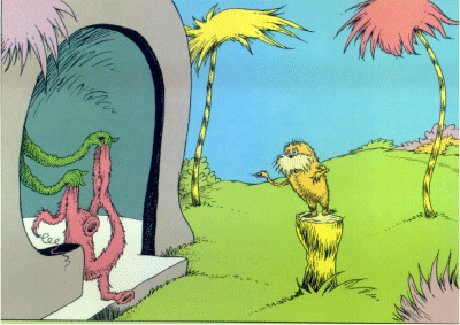 Though I've not been partaking of the grain much this holiday weekend, I'm an unabashed beer guy. I've got the gut to prove it (I've paid good money for this, so I'm not going to be ashamed of it — though I wouldn't mind being in better shape). While I have no problem with the occasional glass of wine — usually white when I have it — I'm unable to fully appreciate the nuance and subtlety of a fine wine; I simply don't have that training.
Though I've not been partaking of the grain much this holiday weekend, I'm an unabashed beer guy. I've got the gut to prove it (I've paid good money for this, so I'm not going to be ashamed of it — though I wouldn't mind being in better shape). While I have no problem with the occasional glass of wine — usually white when I have it — I'm unable to fully appreciate the nuance and subtlety of a fine wine; I simply don't have that training.So when I saw a press release discussing a book on the differences between beer and wine, I knew I had to comment on it.
The book is called Grape vs. Grain: A Historical, Technological, and Social Comparison of Wine and Beer, and it's written by an academic of sorts -- Charles Bamforth, head of the brewing program at the University of California, Davis, but I get the impression that his book is at least worth picking up for a look see, even if you don't buy it.
The 224-page book includes social commentary on beer and wine, and comparisons of their histories, production techniques, types and styles, healthfulness, and future outlooks.
This Memorial Day Weekend, I think I'll be more likely to do my own personal experimenting with beer than read about other people's social commentary about it.
Here's my social commentary: Crack open a cold one and have a wonderful Memorial Day!


